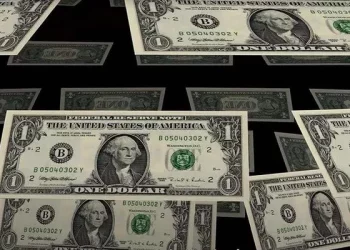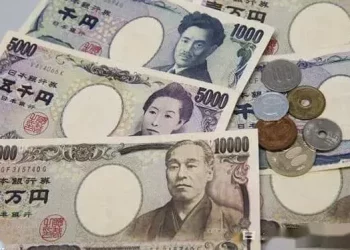Supervision refers to the use of economic means, administrative means and legal means by a country’s government to supervise the income and expenditure, use, settlement, trading and foreign debt changes.
In order to facilitate the supervision of the foreign exchange market, countries that control the foreign exchange market generally have corresponding regulatory agencies. Some countries authorize the central bank to supervise the foreign exchange market, while others set up the Administration of foreign Exchange to perform the supervision duties.
The People’s Bank of China authorizes the Administration of Foreign Exchange to supervise and control the foreign exchange market.
The object of foreign exchange market supervision is specifically divided into supervision of people and things.
People refer to natural persons and legal persons. In general countries, natural persons and legal persons are divided into residents and non-residents according to the different places of residence of natural persons and legal persons.
Residents refer to natural persons and legal persons of their own country and foreign countries residing and doing business within the State;
Non-residents refer to legal persons and natural persons residing and doing business outside foreign exchange control countries.
There is a policy difference between the management of residents and non-residents.
Most countries have stricter regulations for residents and more lenient regulations for non-residents.
Property refers to foreign exchange and foreign exchange assets.
Including foreign currency (banknotes, coins), foreign currency payment certificates (bills of exchange, promissory notes, checks, bank deposit certificates, postal savings certificates, etc.), foreign currency securities (government bonds, Treasury bills, stocks, coupons, etc.) and other means of payment and foreign exchange assets used in foreign exchange receipts and payments.
Some countries include precious metals such as gold and silver.
According to different objects, the forms of foreign exchange market supervision can be divided into direct supervision and indirect supervision.
Direct supervision is to control the demand and supply of the foreign exchange market directly from the quantity. In countries with strict control, all foreign exchange income is required to be sold to the foreign exchange bank designated by the state, and all foreign exchange expenditure must be approved.
Compared with direct supervision, indirect supervision mainly takes some measures that indirectly affect the supply and demand of foreign exchange, including setting up foreign exchange stabilization fund and intervening in market exchange rate.
Import licensing and quota system.

























